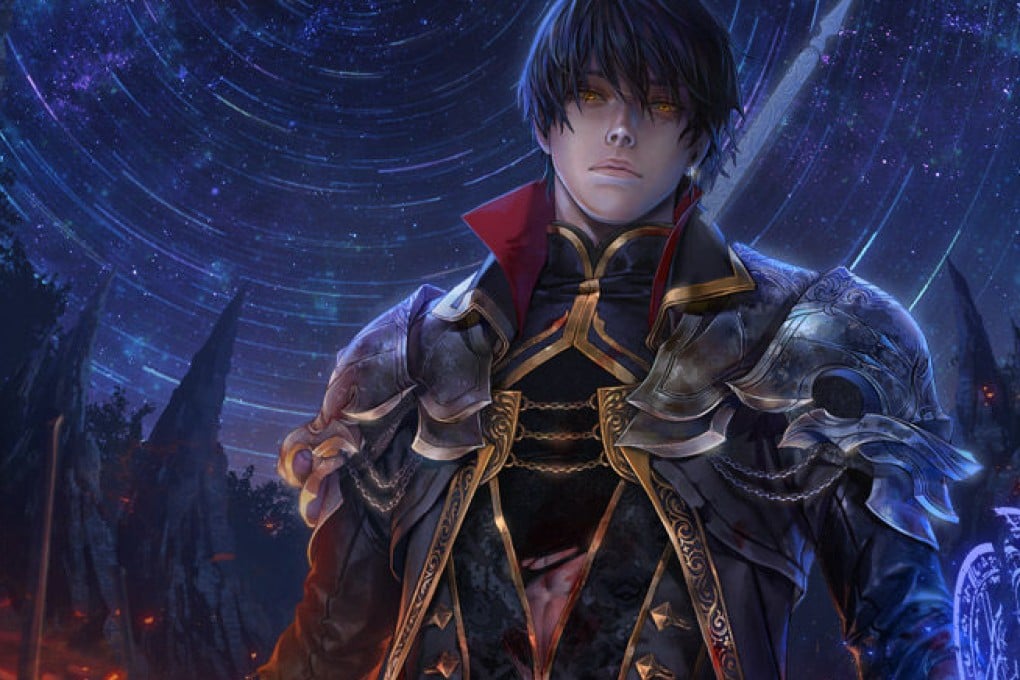How web novel site Wuxiaworld, born of the Asian-American experience, connects Western readers with Eastern fantasy fiction
- Jingping Lai began translating wuxia web novels on fan forums while at university before creating Wuxiaworld in 2014, which now has about 1 million active users
- The site, acquired by Korean media giant Kakao in December 2021, plans to start releasing original wuxia stories in English before they’re available in Chinese

Jingping “JP” Lai was working for the US State Department as a diplomat, assigned to locations in Malaysia, Canada and Vietnam, when he decided to turn his passion project, the English-language web novel site Wuxiaworld, into his full-time career.
“There was a lot of money flowing in and out of China and I realised eventually either I leave or [the State Department] was going to kick me out, and it wasn’t going to be a pleasant kick-out,” Lai says.
The founder and now CEO of Wuxiaworld, which he created in December 2014, left his role with the US State Department about a year into the site’s existence. Seven years after its creation, in December 2021, Wuxiaworld was acquired by South Korean media giant Kakao, via subsidiaries Kakao Entertainment and Radish Media – the latest of Kakao’s high-profile investments to expand Asian, especially Korean, language content into English-language markets, investments which now total well over US$1 billion.
Wuxiaworld was a perfect fit for Kakao, Lai says, because of its dedication to translating Asian martial-arts-oriented web novels into English, born out of Lai’s passion for wuxia, or Chinese martial arts fiction. Wuxiaworld is a multifaceted company that acts as translator, platform, distributor and, on occasion, a publishing house, he adds.

Korean-translated content drives almost a quarter of the site’s revenue despite making up only about 5 per cent of Wuxiaworld’s library, which focuses mainly on Chinese content. That made Kakao’s acquisition offer too exciting to pass up, Lai says – even though Wuxiaworld has a history of buying out past business partners whose vision for the company differed from their own.